As you emerge from the cool, embracing turquoise waters of the Mediterranean, the sun immediately begins to gently dry your skin and the air is filled with the subtle scent of salt and what seems to be jasmine blooming somewhere nearby. Oh yes, Cyprus knows how to charm!
As an adventurous 35-plus (years, not degrees of heat), it won me over with its incredible combination of ancient history that breathes from every stone, stunning wild nature, amazingly delicious food and a special relaxed yet energetic way of life.
But to really immerse yourself in this atmosphere, to experience the island not as a tourist but as a local, you need to be a little more cunning. It's not about denying yourself everything. What would be the point of living on this sunny island? No, for me saving money is a kind of exciting game. It's a challenge: how to live life to the fullest, enjoy every day, eat well, travel around the island, have fun and, of course, swim, without spending all your money on routine things? How to free up resources for real adventures, whether it's a spontaneous trip to the mountains or a dinner in that tavern recommended by the locals?
This search has led me to many discoveries that I would like to share with you. We'll go on an expedition through the food jungle, learn how to hunt down the tastiest and cheapest treats, try to tame the utility bills (yes, even sunny Cyprus has its own 'monsters'), figure out transport and, most importantly, find the island's treasures that are available for free.
Ready? Then let's get on with some life hacks and adventures!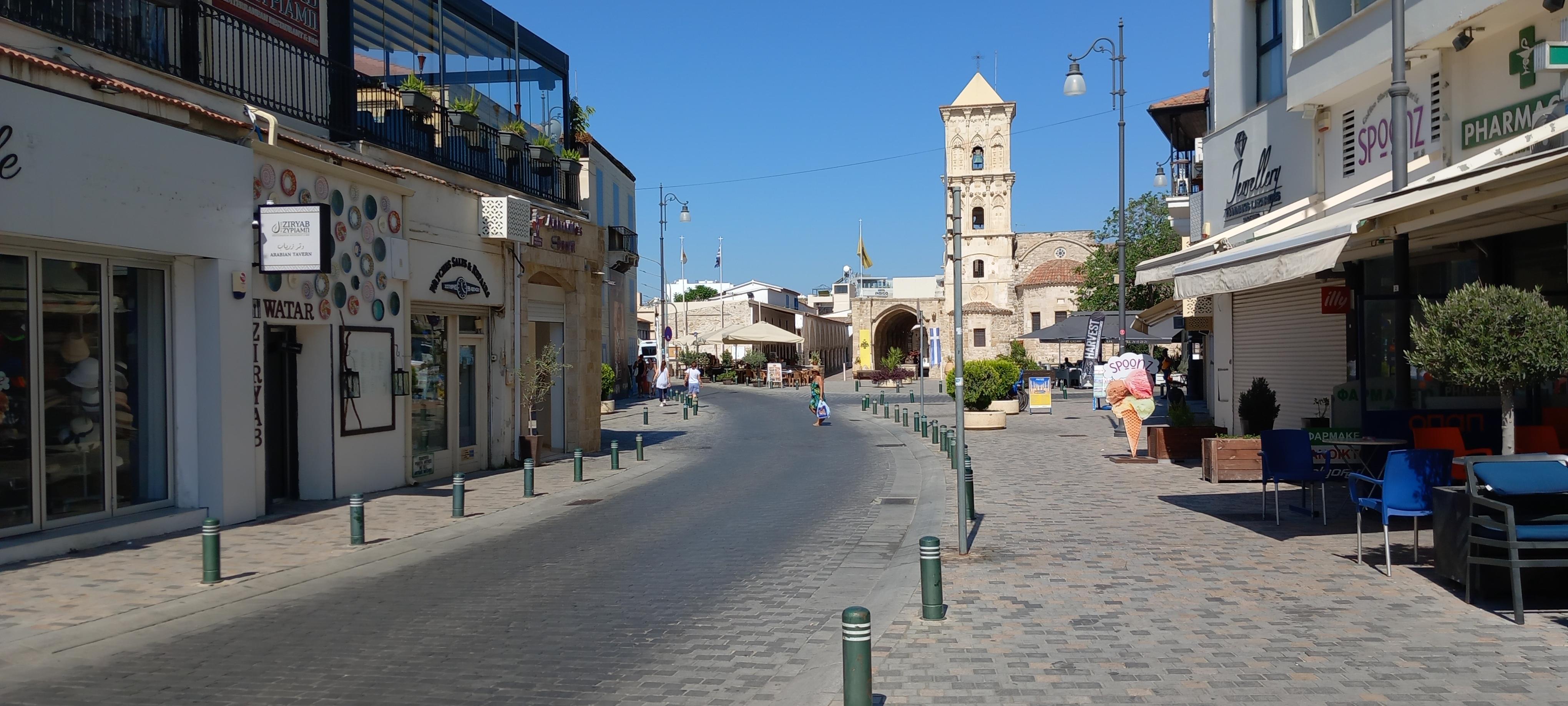
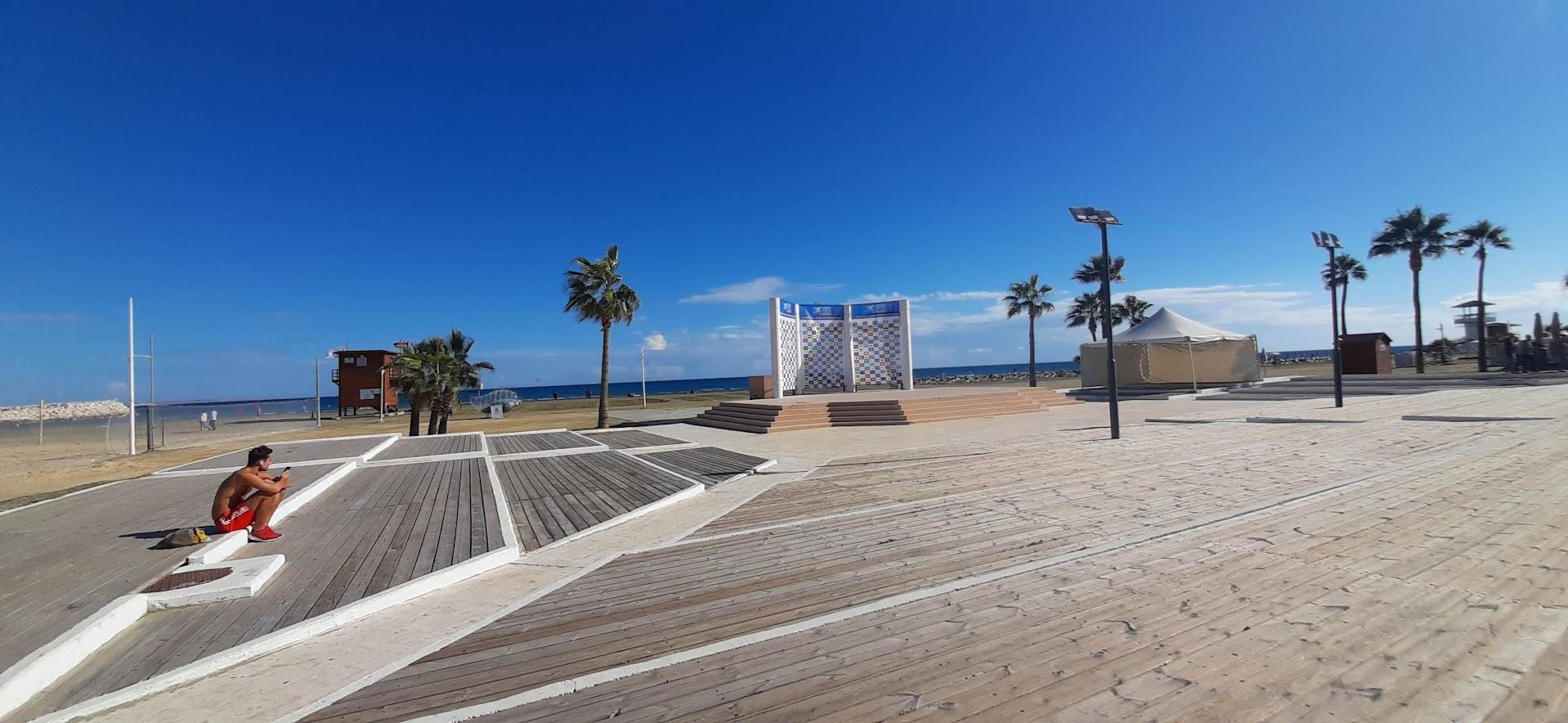
Gastronomic discoveries: Hunt for food
A weekly trip to the grocery store is like an expedition, really! You can take the well-trodden path - to a big supermarket with air conditioning, neat rows of shelves and a predictable selection. Or you can take the path of adventure - to a local farmers' market, the "laiki agora", where there is a special atmosphere, sometimes a little chaotic, but always lively and fragrant.
Supermarket strategy - a calculated approach
Large chains such as Alphamega, Lidl, Metro and Sklavenitis (which recently took over Papantoniou) are everywhere and offer a huge selection. Hypermarkets often offer promotions and slightly lower prices on basic goods. But the main tool of the thrifty strategist here is loyalty cards and apps. Don't be lazy and sign up, it really works:
- Alphamega Family is perhaps one of the most generous. Every purchase earns you points that can be exchanged for vouchers worth between €10 and €40. And when you order online via their website or app, you can use your points to pay for up to 90% of your order (100 points = €1 off). Simply scan the QR code from the app at checkout or log in to the website before paying.
- METROcard - the system is simpler: 1 euro = 1 point. Collect 1,000 points and get a €10 voucher. Important note: Vouchers can only be redeemed at the METRO store where you originally registered your card.
- Lidl Plus App - a whole ecosystem of discounts. The app has personal vouchers (don't forget to activate them before you go to the store!), special daily offers ('Daily Savers'), a 'Shop & Win' loyalty programme with prizes for spending a certain amount, digital receipts and even virtual scratch cards 'Ξύνεις Κερδίζεις' where you can win additional discounts.
- Stocard - if you don't want to carry around a bunch of plastic cards, an app like Stocard lets you store all your loyalty cards digitally on your phone.
Using these schemes wisely is not just about getting random discounts. It's a mini-game within our quest. Think about which supermarket you visit most often because of its convenient location and study its loyalty programme. Sometimes it is more profitable to concentrate your main shopping in one chain to accumulate points for a substantial voucher or discount more quickly than to spread them over several chains. This takes a bit of planning, but the result is worth it.
A few more supermarket tricks: cheese and sausages are often cheaper to buy by weight and ask for slices, rather than in factory packaging. Water, beer and other drinks are usually cheaper if bought in bulk.
Farmers' markets (Laiki Agora) - the path of the adventurous
A completely different experience is the Laiki Agora (λαϊκή αγορά), a public market. It is noisy, crowded and smells of fresh vegetables, ripe fruit and the sea (when there are fish stalls). Vendors loudly praise their wares, and you can bargain (though not always) and chat. In Nicosia, for example, the famous OXI market in the old town is open from early morning on Wednesdays and Saturdays.
The main treasure of such markets is the freshest local produce, often straight from the garden or orchard. You can find things that are not available in supermarkets, especially seasonal vegetables, fruit and wild plants. And yes, prices for local seasonal produce are often lower than in the shops.
Life hack: Want to save as much as possible? Go to the market closer to closing time, around 2-3 p.m. Vendors, especially those selling perishables (fish, greens, some fruits), may lower their prices to sell off their remaining stock. This adds an element of excitement to your 'hunt'.
So which should you choose - the supermarket or the market? Why choose? The best strategy is a sensible combination. Supermarkets are convenient for buying groceries, household chemicals, specific brands and for collecting loyalty points. The market is worth a visit for the freshest seasonal fruit and vegetables, local delicacies (cheese, olives, honey), vivid impressions and the chance to pick up a bargain at the end of the day. This hybrid approach allows you to save money and enjoy the process and quality of the products.
Eating seasonally - a discount code from nature itself
The most obvious but often overlooked way to save money on food is to buy seasonal produce. This is particularly true in Cyprus. Seasonal fruit and vegetables are not only significantly cheaper (sometimes 2-3 times cheaper!), but also incomparably tastier and more aromatic than those grown in greenhouses or imported from far away.
It's easy to find:
- Winter (November-March). Citrus (oranges, mandarins, grapefruit, pomelo), lemons, bananas, avocados, broccoli, cauliflower, cabbage, spinach, fennel.
- Spring (March-May). Strawberries (although greenhouse strawberries are available almost all year round), medlars, artichokes, asparagus (wild and cultivated), young peas and beans, courgettes.
- Summer (May-September). Watermelons, melons, cherries, apricots, peaches, nectarines, grapes, figs, prickly pears, tomatoes, peppers, aubergines.
- Autumn (September-November). Pomegranates, persimmons, kiwis (second crop), apples, pears, plums.
Prices for seasonal produce are usually between €1 and €2 per kg. Potatoes and beetroot can cost as little as 40 cents. A bunch of fresh greens costs around 30 cents. Of course, there are more expensive items, such as cherries, which can cost up to 6-7 euros per kilo. But overall, eating seasonally can significantly reduce your grocery bill.
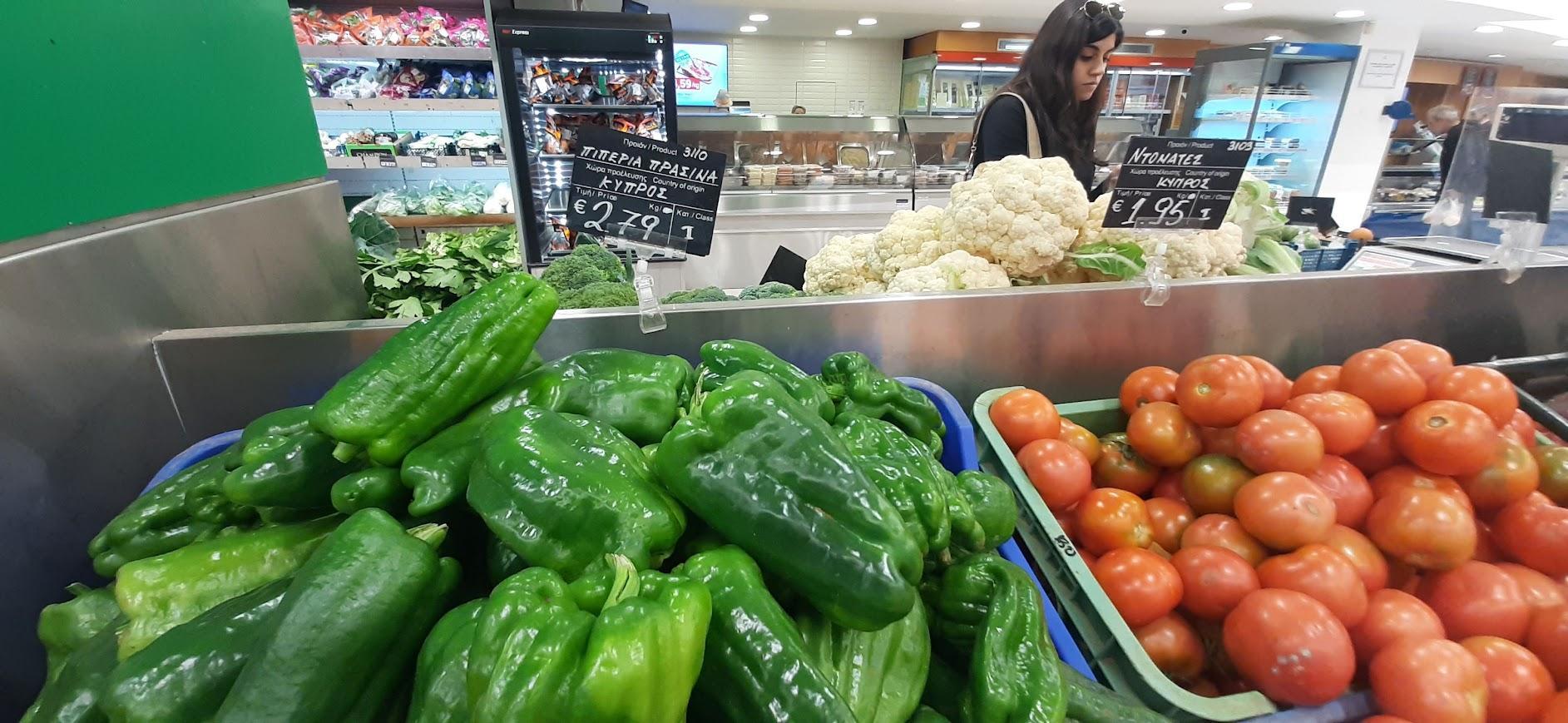
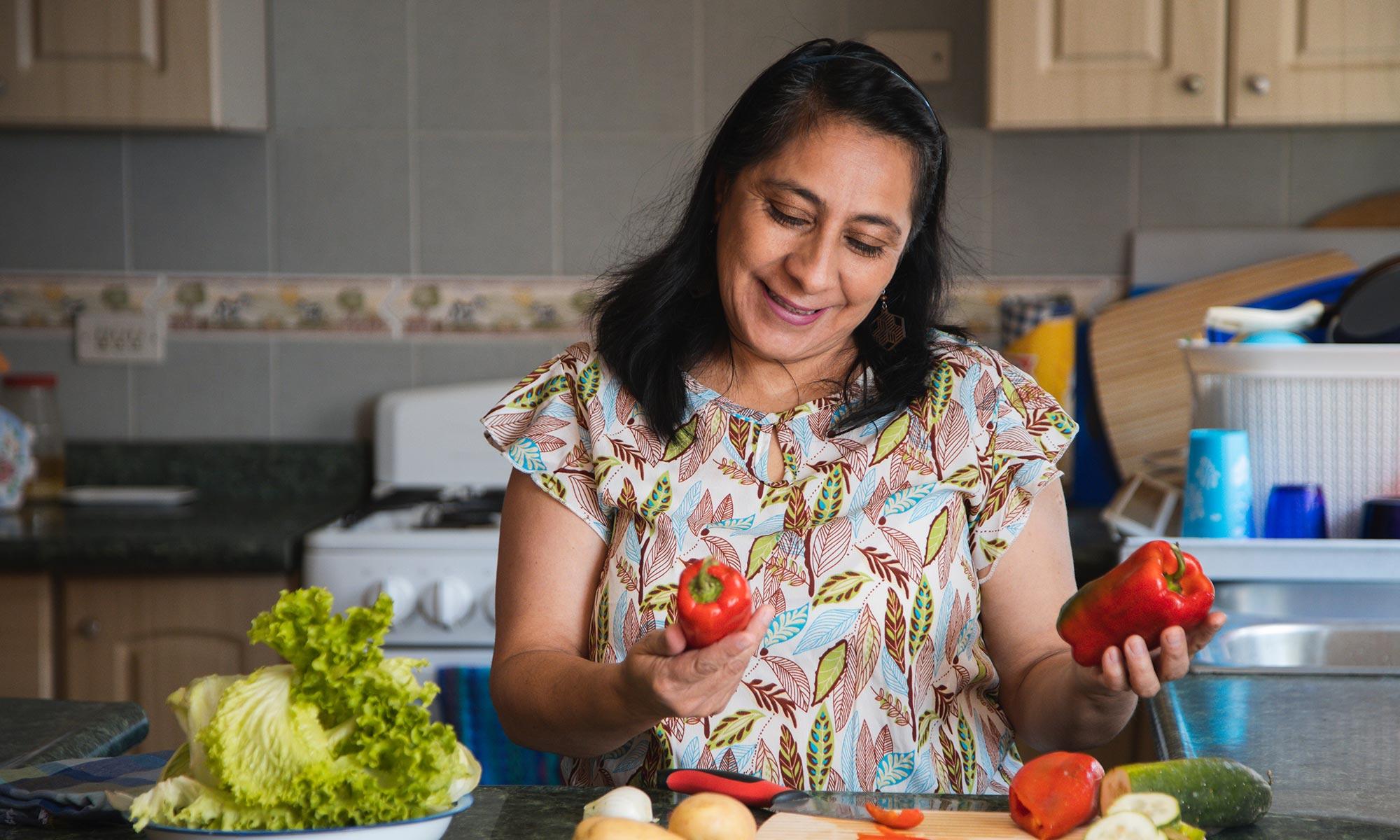
A Cypriot feast: delicious and inexpensive
Oh, Cypriot cuisine! It's a song! Fresh vegetables, juicy grilled meats, aromatic herbs, olive oil. And, above all, the atmosphere: cosy gatherings in a tavern with friends or family, large portions and the hospitality of the hosts. Is it possible to enjoy all this without breaking the bank? In my experience, absolutely yes! You just need to know the right places and a few tricks of the trade.
Tavern tactics: hunt for treasure
The most important rule for the thrifty gourmet in Cyprus is to stay off the beaten track! Tavernas and restaurants on the seafront or in the main squares of resorts are almost always more expensive. Sometimes you only have to walk a few streets inland to find a place with more reasonable prices and, as is often the case, more authentic cuisine. A sure sign of a good place with reasonable prices is an abundance of locals. If you see Cypriots at the tables, feel free to go in - chances are the food will be delicious and inexpensive.
What about prices?
A simple lunch or dinner at an inexpensive local tavern will cost around €10-15 per person. Dinner in a mid-range restaurant will cost around €15-30 per person. A hearty dinner for two with wine can cost €50-60. A cup of coffee costs between €1.5 and €4, and a glass of local beer is €2-3.
But it's not all about the price. The real quest is to find not just a cheap place, but one that offers the perfect combination of price, quality, taste and atmosphere. These are often small, family-run places, tucked away in back streets or villages, where they cook to old recipes using the freshest ingredients. Finding these 'gems' is an adventure in itself! Ask your friends, read reviews on local forums and don't be afraid to experiment.
Street food: quick, tasty and cheap
If you want a quick and inexpensive snack, Cypriot street food is the way to go. The kings here are, of course, souvlaki (meat on a skewer) and gyros (meat on a vertical spit) in pita bread with vegetables, chips and tzatziki sauce. It's filling, delicious and very affordable. In Paphos, for example, you can get a portion for around €4.50. It's a great option for lunch or an informal dinner.
The advantage of home cooking
Returning to our food quest from the first section, with access to fresh and inexpensive seasonal produce from the market or supermarket, you can create culinary masterpieces at home! Believe me, there is nothing like cooking moussaka or kleftiko in your own kitchen, which tastes just as good (if not better!) than in a tavern, but at a fraction of the price. And then enjoy your dinner on your own balcony with a glass of Cypriot wine.
Drinks: local means affordable
Speaking of drinks, if you want to save money in bars and restaurants, opt for local brands. Cypriot beer (KEO, Leon) and local wines are almost always cheaper than imported equivalents. And if you buy them in a supermarket, the savings are even greater. A bottle of decent local wine can cost around £7 in a shop, and beer around £1.50.
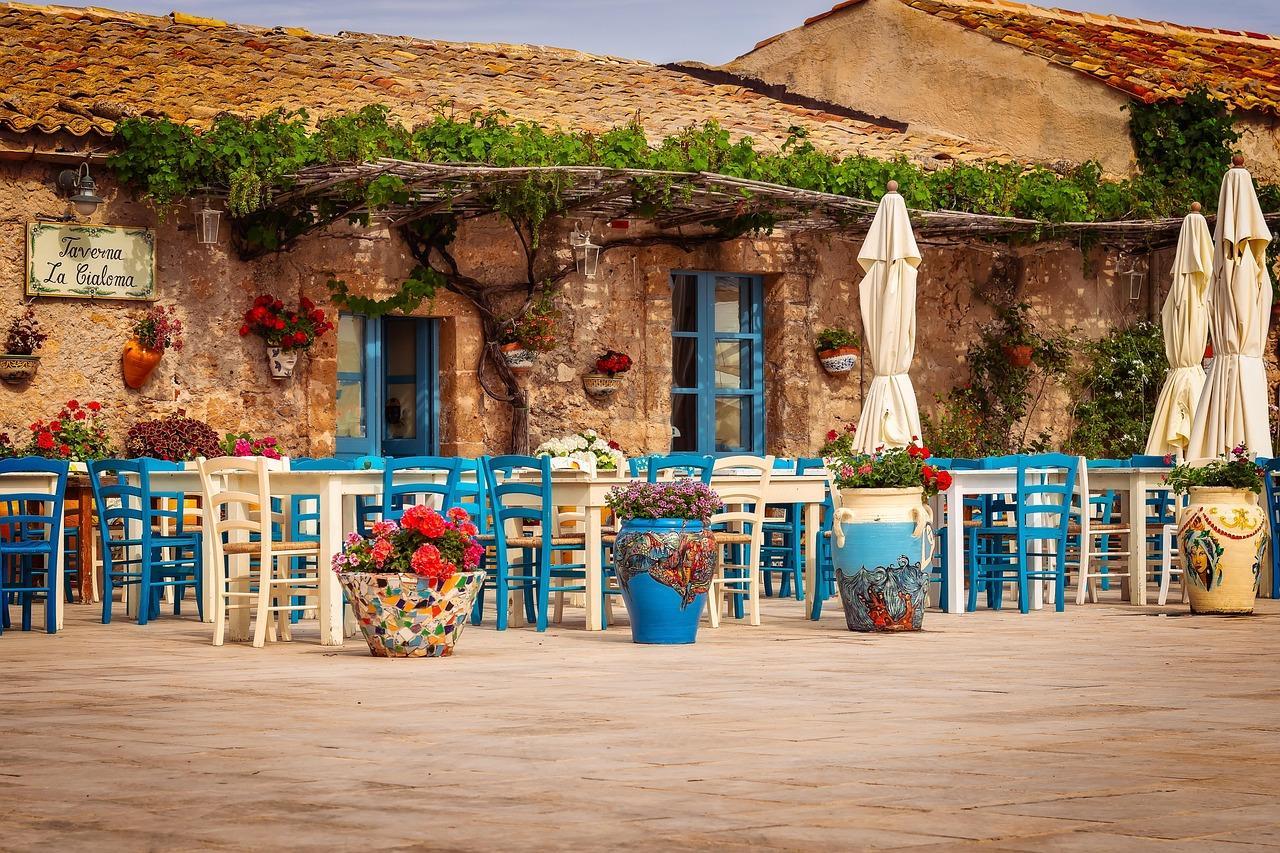
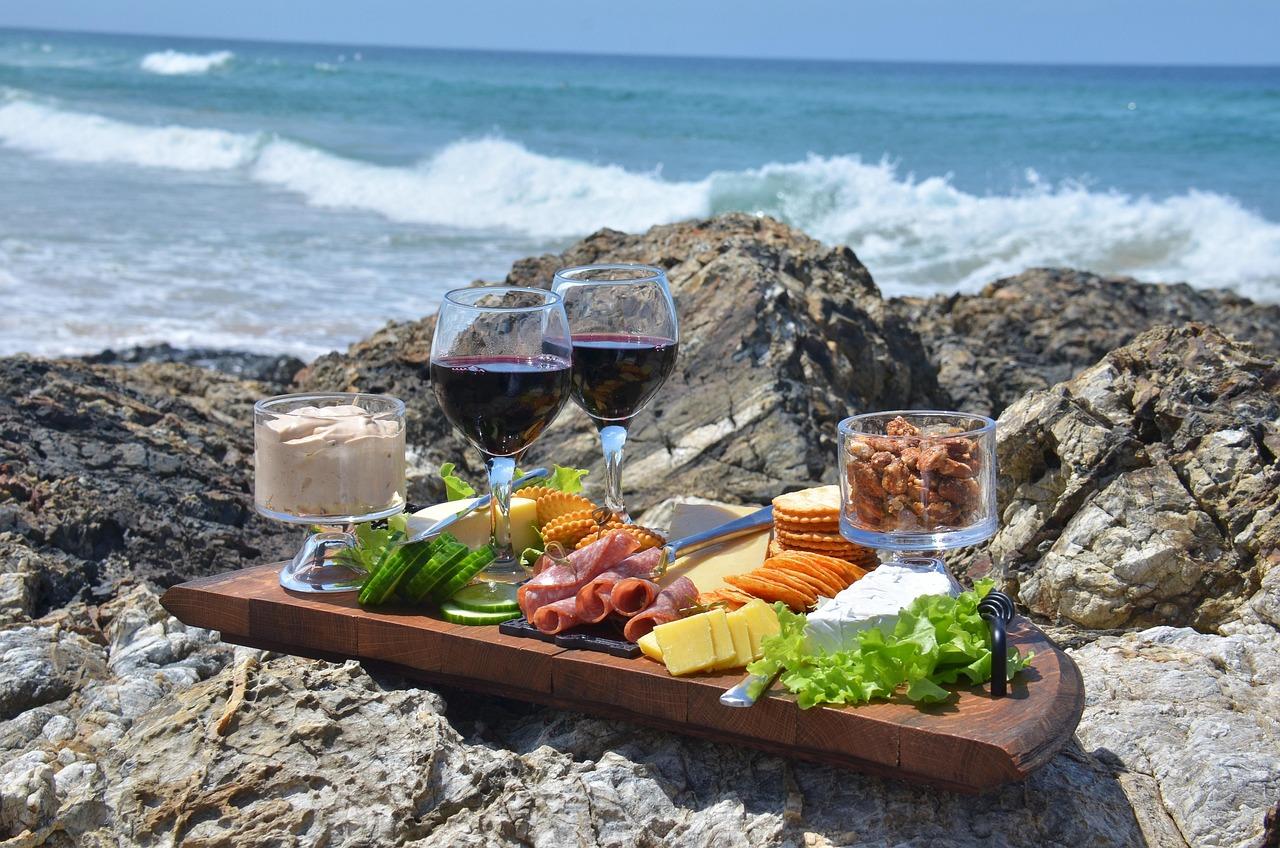
Sun, water and... bills? Taming the utility bills!
The Cypriot sun is a blessing. But in summer it turns air conditioning from a luxury into a necessity. And in winter, especially in the mountains, you may need a heater. All of this will, of course, be reflected in your electricity bill. Water is also a precious resource on the island and not free. So taming the utility bills is an important part of our quest for sensible savings.
Electricity Expedition: Catching Watts
Electricity bills in Cyprus can vary widely, but as a rough guide you should expect to pay between €100 and €200 per month for one person or a small apartment, or even more, especially in the peak summer and winter months. The lion's share is electricity. How do you keep it under control?
Aikido with air conditioning
The most important rule is to maintain a reasonable temperature. Try not to set the thermostat below 26°C in the summer and not above 22-23°C in the winter. Every 'extra' degree increases energy consumption by about 7%. Instead of turning the air conditioner on full power right away, try using a fan first. This uses much less electricity. Sometimes this is enough, or it helps the air conditioner work more efficiently at a higher temperature. Maintain your air conditioner regularly (clean filters, etc.). This can save up to 30% of energy. Make sure windows and doors are tightly closed when the air conditioner is running. Good insulation can reduce cooling/heating costs by up to 40%.
Solar wisdom
A major advantage of Cyprus is the almost universal use of solar water heaters ('thermosifonas'). If you have one on your roof (and most do), hot water for showers and domestic use is virtually free, thanks to the sun's energy. This is a huge saving compared to using an electric boiler. Make sure the system is in good condition and used correctly. Do not leave the electric boiler on 'standby' when there is sufficient solar heat available.
Controls
The little things count. Unplug chargers when not in use. Switch off televisions and other appliances completely rather than leaving them on standby - they still use energy! Replace old light bulbs with LED bulbs (yes, those LED bulbs). They use up to 70% less electricity and last 10 times longer. Only run washing machines and dishwashers when they are full, and use economy modes whenever possible.
Water wisdom: every drop counts
Water is a scarce resource in Cyprus. Saving it is therefore not only a matter of money, but also of responsibility towards the island that has become your home. Repair dripping taps immediately - even a small leak can result in tonnes of water being wasted each year! Take a shower instead of a bath. Turn off the tap when you brush your teeth or shave. Wash your car with a bucket and sponge instead of a hose (incidentally, in Cyprus it is often an offence to use a hose to wash cars and verandas and you can be fined). It is better to sweep and mop verandas and patios. Collect cold water while waiting for hot water from the shower and use it to water your flowers. Water your garden and plants early in the morning or late in the evening when evaporation is minimal. If you have a swimming pool, use a cover to significantly reduce water evaporation, especially in summer.
See a water leak in the street? Don't walk past it, report it to the relevant authorities. It's good for your karma. Interestingly, many of the measures taken to save on utilities in Cyprus are directly related to caring for the environment. By using solar energy to heat water and conserving water, you are not only reducing your bills but also helping to preserve the island's unique natural environment. For me, as someone who values not only saving money but also being mindful, this adds extra meaning to our 'quest'. Saving money in Cyprus means being in harmony with the island, not being stingy.
Getting around the island: budget routes
Cyprus is not a very large island, but to see all its beauty, from the coast to the mountain villages, you need to plan your logistics. Getting around the island is part of the adventure, and there are ways to save money without losing your freedom.
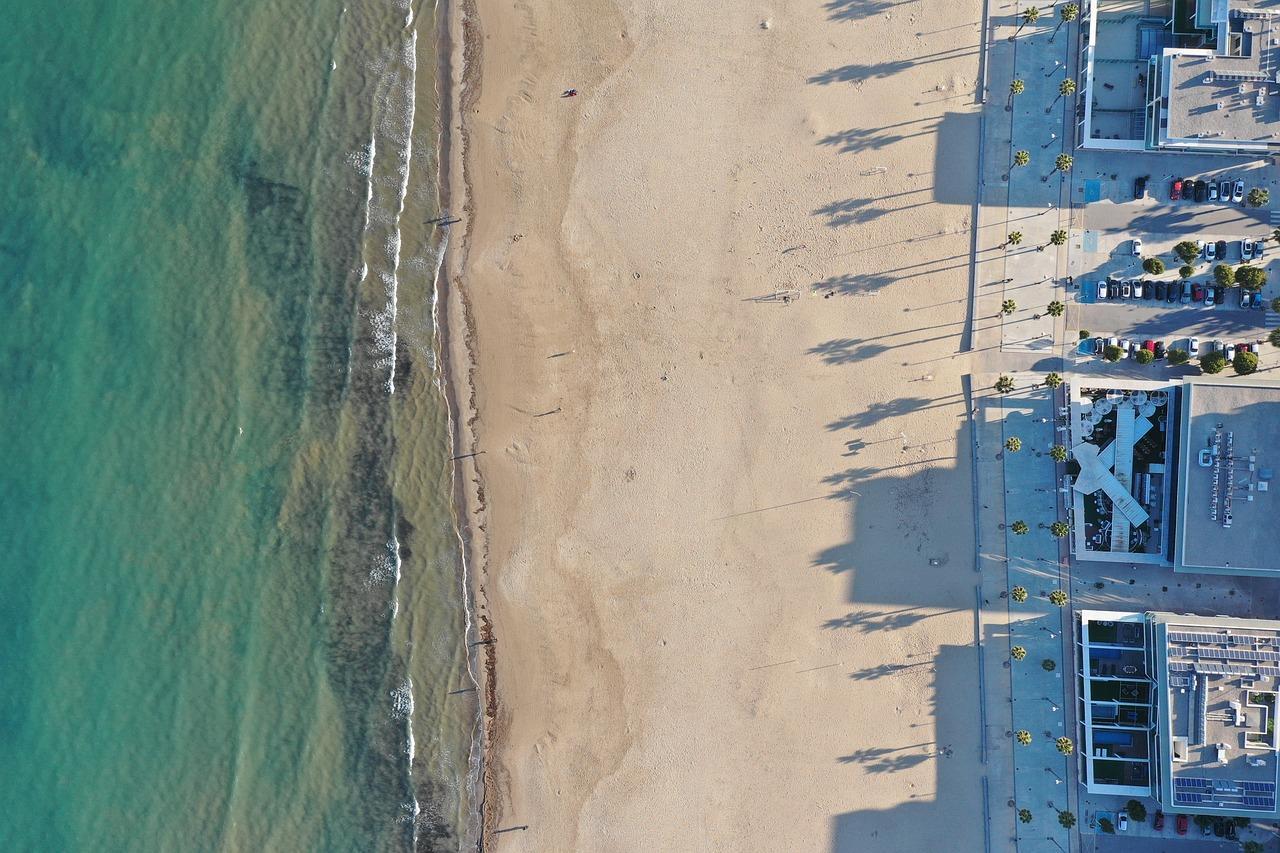

Public transport - the local way
Buses are the cheapest way to travel between towns and within towns. Every major city has a network of intercity buses and local routes (e.g. Paphos Buses). An intercity bus ticket costs between €5 and €10 one way, depending on the route (e.g. Nicosia-Larnaca €5, Nicosia-Pafos €8). A city bus ticket (e.g. in Paphos) costs around €2 during the day and €3 after 9 p.m. There are travel cards: a weekly city pass (Paphos) costs €25-35, a monthly pass €50-60. Monthly passes for intercity routes cost between €90 and €210. It is worth enquiring about the Motion Card, which can give you a 50% discount on some fares. However, be aware that buses do not run everywhere and are not always frequent, especially in rural areas or at evenings/weekends. This is a great option for scheduled travel between major cities, but may not be suitable for spontaneous trips to the mountains or remote beaches.
Car hire - freedom with advance planning
Many people prefer to hire a car for maximum flexibility, especially if they plan to actively explore the island outside of the cities. Prices vary greatly depending on the season, type of car and length of rental. A small, economical car can cost between €20 and €35 per day, a compact car between €25 and €45 and an SUV between €45 and €80. Long-term rentals (one month or more) can start from €300. Don't forget about petrol - prices fluctuate but have recently been around €1.35-1.55 per litre.
Tips for saving money:
- Book well in advance, especially for the summer season! A few months in advance is common. This can save you up to 30% and guarantee availability.
- Compare prices! Use aggregator websites (e.g. DiscoverCars, Rentalcars.com, Skyscanner), but don't forget to check the websites of local car rental companies (e.g. Stevens, Leo's) - they may have better deals, especially for long term rentals. Be sure to read any recent reviews of a particular rental company.
- Avoid hiring directly at the airport if possible. Prices are often higher. Find out if the company has an office nearby with a free shuttle service.
- Travel during the low season (spring, autumn). Rental prices can be significantly lower.
- Check the insurance terms and conditions carefully. Full insurance is often offered by aggregators or third party companies at a lower price than the rental company itself. Make sure it covers everything you need (glass, tyres, undercarriage).
- Manual cars are usually cheaper than automatic ones.
A bike is an energetic choice
Cycling is a great way to explore the area, go to the beach or just keep fit. It's environmentally friendly, healthy and very cheap in the long run. Hiring a basic city bike costs around £10 per day or £40 per week, while a mountain bike costs around £20 per day or £80 per week. Electric bikes are more expensive. Prices for new bikes vary widely, from less than €1,000 to very expensive models. However, you can find a used bike in good condition on classifieds websites such as Bazaraki for as little as €100-200. I have to admit that my bike from Bazaraki has been gathering dust in the storeroom for several months. Questionable savings.
Ride-sharing - a convenience in the city
In the cities, especially Nicosia and Limassol, the Bolt app works well. It's a convenient way to get around town when waiting for a bus is inconvenient or the route doesn't suit you. But be aware that it can be difficult to find a car outside the major cities, and for longer journeys it is much more expensive than a bus or even a day rental.
So what's the bottom line? The most sensible and truly 'adventurous' approach is to combine different modes of transport. Planning a trip to another city and have time to spare? Hop on a comfortable intercity bus - it's cheap and cheerful. Want to explore mountain villages or wild beaches in the west of the island? Hire a small, economical car for a few days and get a good price by booking well in advance. Want to go to the shop next door or take a stroll along the seafront? A bicycle (own or hire) is your best friend. Need to get from A to B in Limassol in the evening? Call Bolt. This multimodal approach requires a little planning, but it allows you to optimise your spending while maintaining flexibility and freedom of movement - the essence of our Cyprus quest!
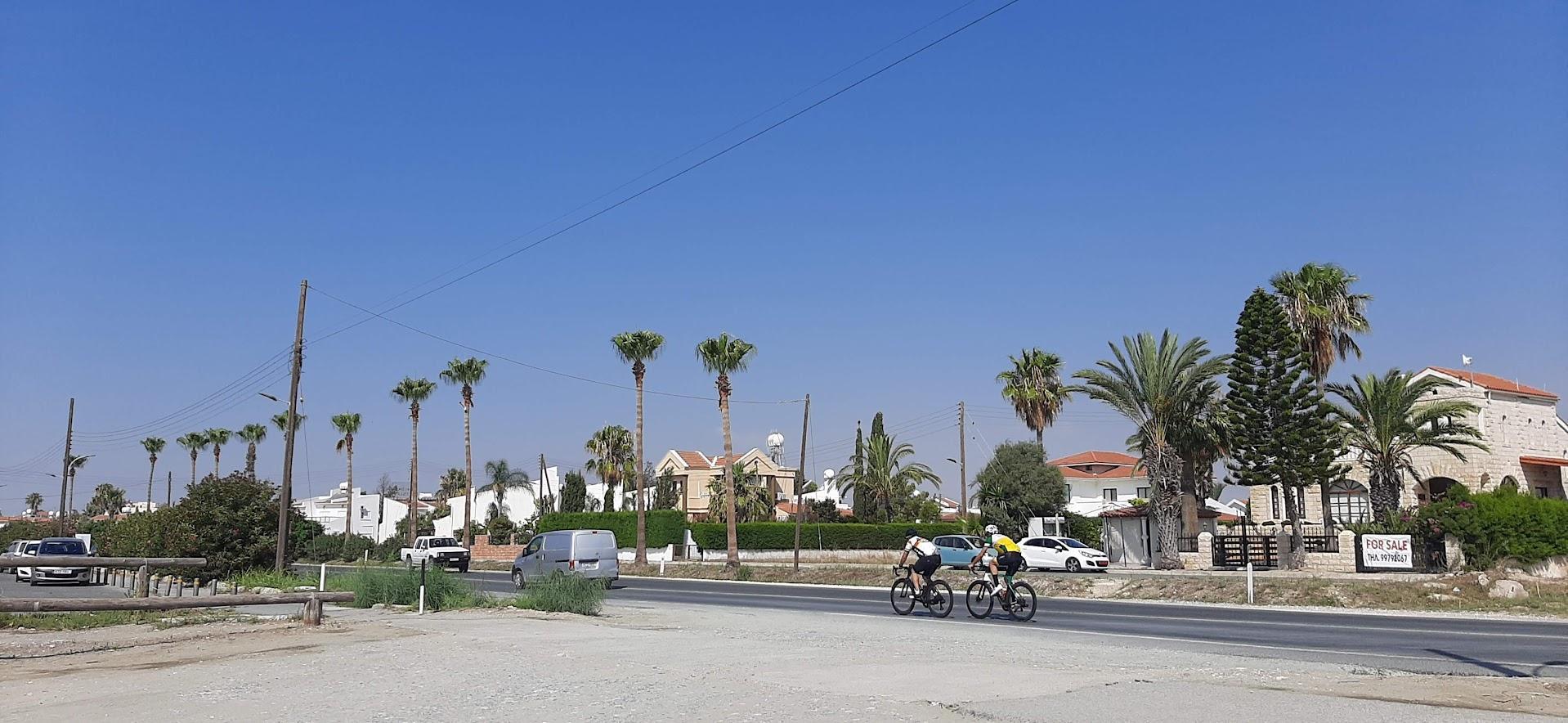
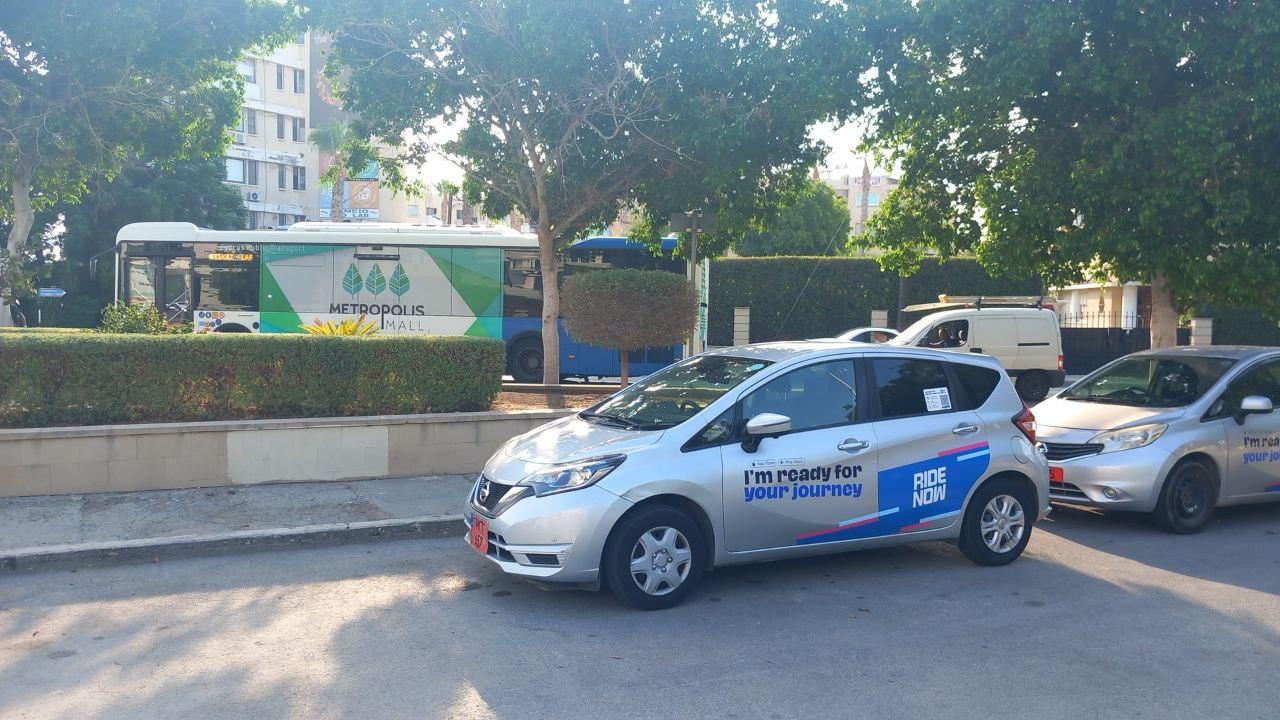
Cyprus' free pleasures: sun, sea and trails
And now for the best! Do you know what the best part of the Cyprus Savings Quest is? The most vivid, memorable and truly 'Cypriot' experiences often don't cost a penny! The island's nature, history and culture are generously available to those willing to see and feel them.
Free beach bliss
Cyprus is an island of beaches, most of which are public and completely free. Whether it's the famous beaches of Protaras and Ayia Napa with their golden sands and turquoise waters, the cosy bays around Paphos and Latchi, or wild beaches like Coral Bay or the protected Lara Beach where turtles lay their eggs. All you need is a towel, sunscreen and a good mood. Bring water and snacks from home so you don't have to spend money at the beach bars and enjoy the sun and sea to your heart's content.
Walking and hiking: breathe freedom
Do you like active holidays? Cyprus is a walking and hiking paradise. And it's completely free! Here are some great options:
- Kavo Greko National Park (between Ayia Napa and Protaras). Picturesque trails along the rocky coastline, sea caves and stunning sea views. Ideal for easy walks.
- Troodos Mountains. There are dozens of trails of varying degrees of difficulty. You can walk to Caledonia Waterfall, follow the Artemis or Atalanti circuits around Mount Olympus, enjoying the pine-scented air and panoramic views.
- Avakas Gorge (near Paphos). An impressive gorge with sheer walls and unique flora.
There are handy apps such as Hiiker or Wikiloc where you can find route maps and descriptions. The main thing is to wear comfortable shoes, bring plenty of water and be ready for adventure!
Country trips and city walks
The best way to get a real feel for Cyprus is to walk around its towns and villages:
- Lose yourself in the narrow streets of old Nicosia, walk to the 'green line' that divides the city - it's living history.
- Explore the old town of Paphos or the historic centre of Limassol.
- Head for the mountains! Charming villages like Lefkara, famous for its lace and silver, or Pedoulas in the heart of Troodos, are like stepping back in time. Just walking around, admiring the old houses and chatting to the locals is an invaluable experience.
Nature and views: stunning and free
Petra tou Romiou (Aphrodite's Rock) is the legendary birthplace of the goddess of love. It is one of the most photographed spots in Cyprus. Coming here at sunset to watch the sun go down over the sea is a magical experience that everyone can enjoy. Another great option is the Sculpture Park in Ayia Napa, which I love. It's an open-air museum of contemporary art with stunning views of the sea. Admission is free. Finally, why not have a picnic with food bought at the market somewhere in the Troodos Mountains with panoramic views? Cyprus' picnic spots are fit for royalty.
Cultural immersion: doors open
Cyprus is dotted with ancient Byzantine churches and monasteries, many of which are open to visitors free of charge. But don't forget to dress appropriately: shoulders and knees must be covered. Even the famous and wealthy Kykkos Monastery is free to enter and visit.
Keep an eye out for posters! Especially in summer, villages and towns often host free concerts, folk performances, fairs and festivals. This is a great way to immerse yourself in the local culture and have fun with the friendly Cypriots.
It becomes clear that the most valuable experiences in Cyprus - communing with nature, touching history and getting a feel for local life - often do not require a large financial outlay. The wealth of experiences is not always measured in euros spent. Actively seeking out and taking advantage of these free opportunities is one of the main strategies of our 'quest', allowing us to live a vibrant and fulfilling life even on a limited budget.
pily!
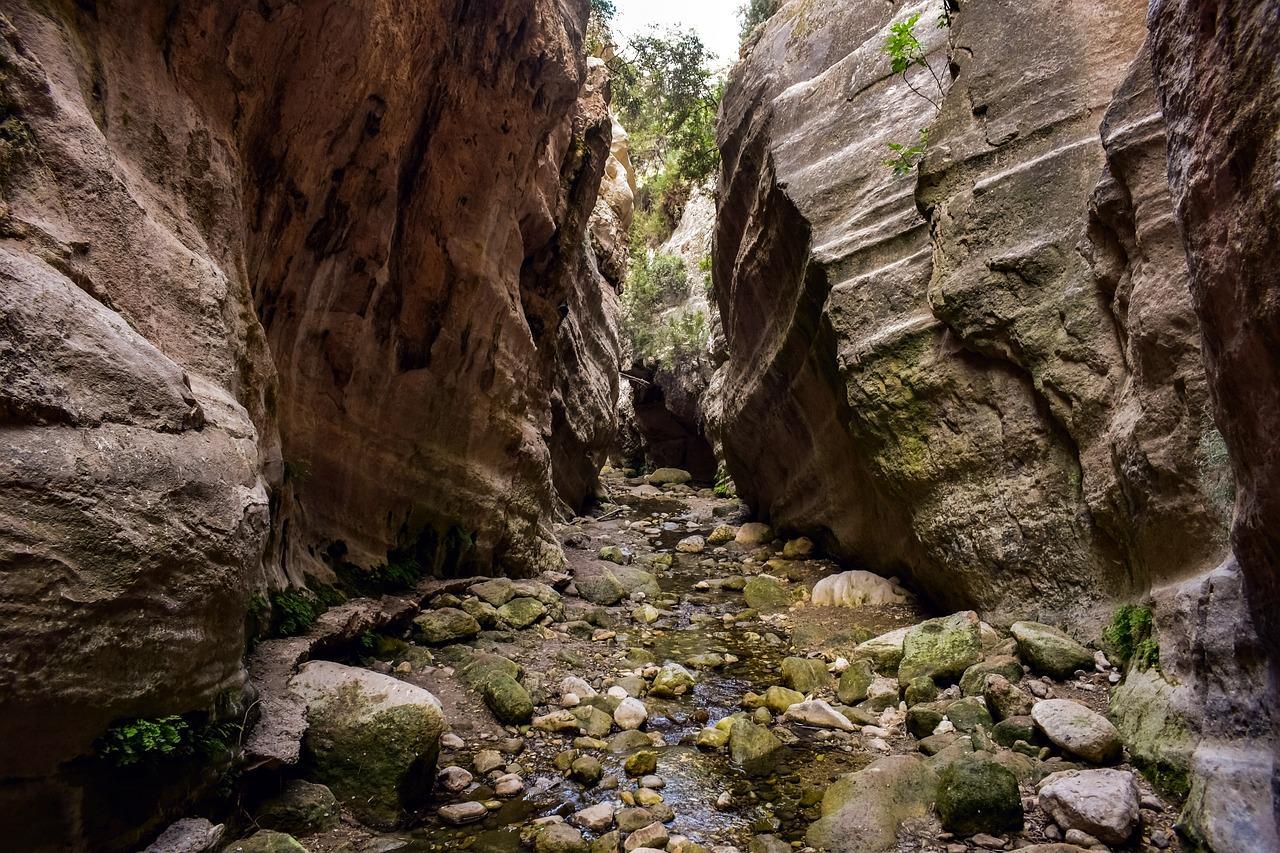
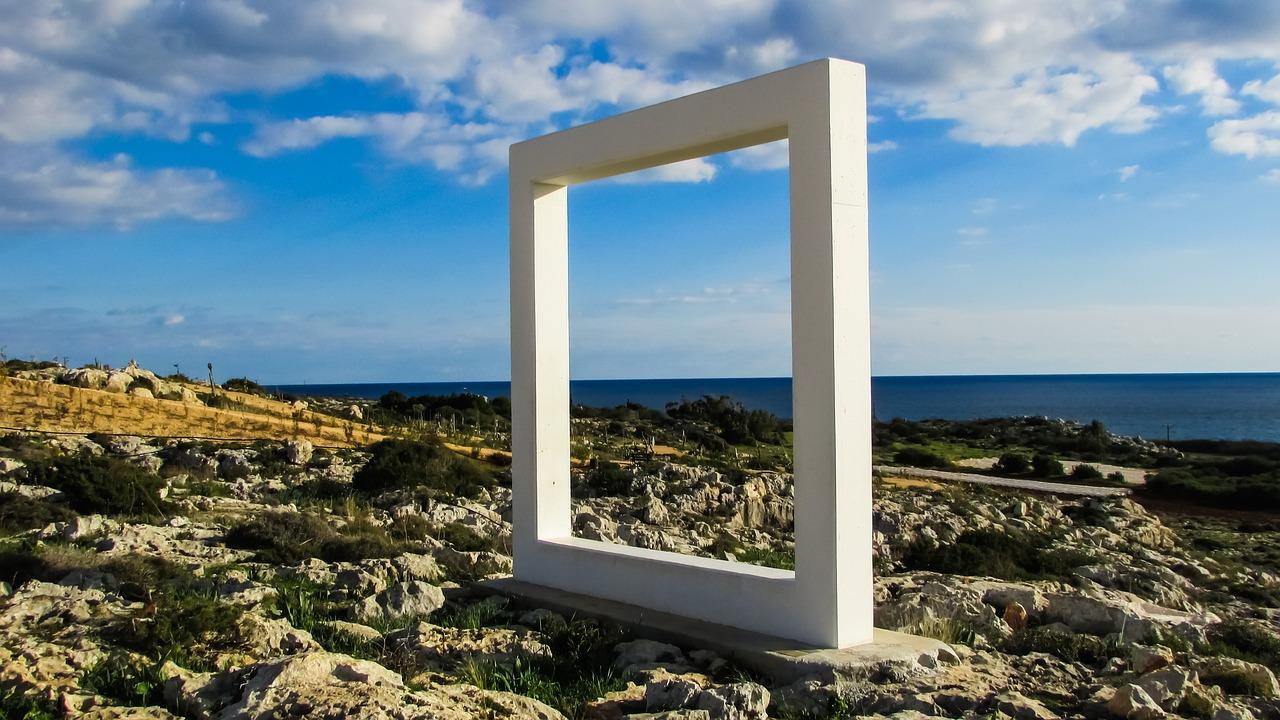
The end of the quest: live fully, spend wisely
Our little journey through the life hacks of Cyprus is coming to an end. As you can see, saving money here is not a boring belt-tightening exercise, but an exciting quest full of discoveries and small victories. We have learnt to navigate the supermarket jungle, find gastronomic treasures without breaking the bank, negotiate with capricious utility bills, choose the best routes to get around the island and, most importantly, appreciate the myriad pleasures that Cyprus offers completely free of charge.
All these tricks are not about deprivation. They are about being sensible, about being resourceful, about freeing up your resources - both financial and time - for what really matters. For new experiences, for travel, for meeting friends, for enjoying this incredible island. Saving wisely allows you not just to survive, but to live life to the fullest, to try new things and discover unexplored corners of Cyprus.
I hope you find my discoveries useful. Try these life hacks for yourself, adapt them, find your own ways and secrets. Embark on your own personal 'Cyprus Quest'! And may it be full of sun, sea, delicious food and unforgettable adventures. Live brightly, enjoy Cyprus - smartly and hap
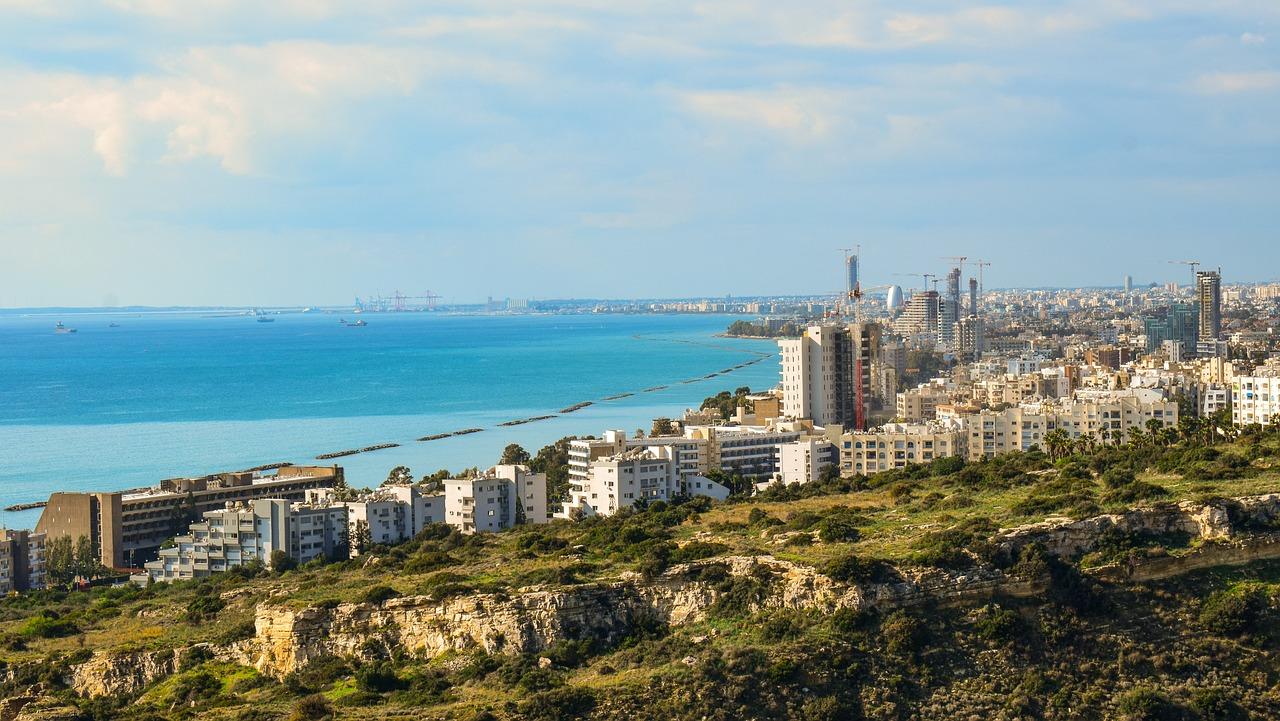
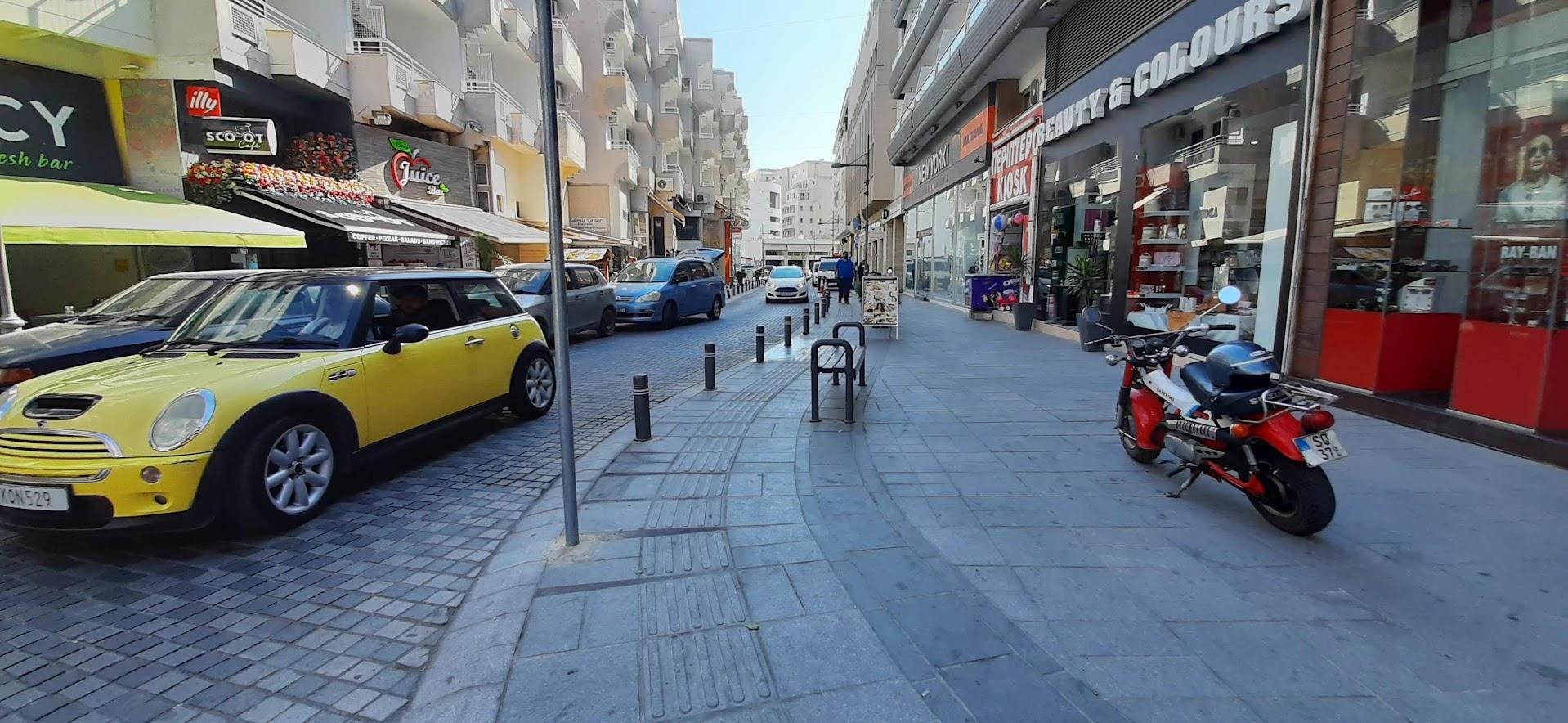
Read also:

